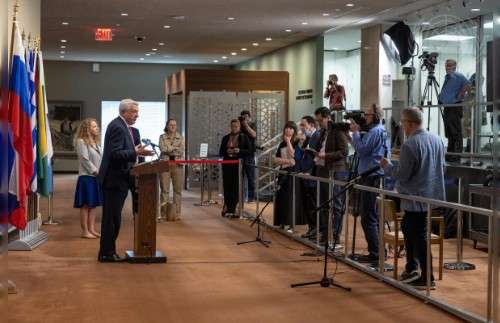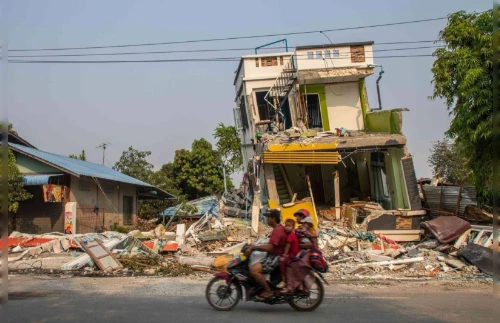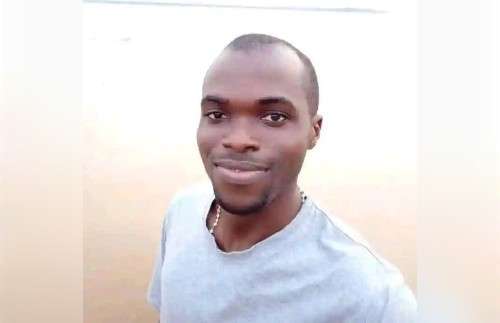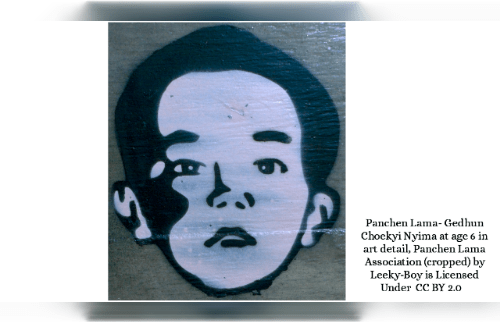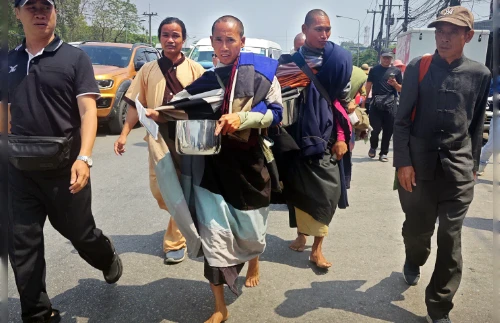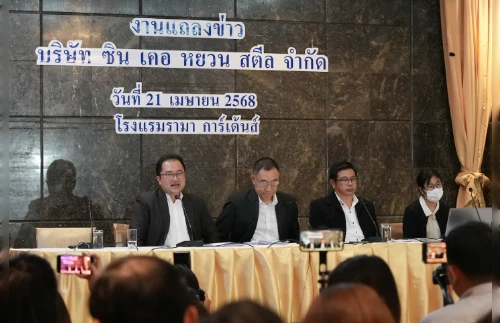Supporters of the Chinese Communist Party monitor, attack, and threaten students at Australian universities, which do little to protect academic freedom, a new report says.

The long arm of the Chinese Communist Party (CCP) is affecting freedom of speech at overseas universities, according to a report published on Tuesday by Human Rights Watch (HRW).
CCP-backed activities on the campuses of Australian universities had interfered with academic freedom, affecting both students and academics critical of Beijing, the report found.
It said Beijing’s supporters and the Chinese government had also harassed and intimidated those who express support for democracy movements.
“Australian universities rely on the fees international students bring, while turning a blind eye to concerns about harassment and surveillance by the Chinese government and its proxies,” HRW’s Australia researcher Sophie McNeill said.
“Australian university administrators are failing in their duty of care to uphold the rights of students from China,” she said.
McNeill’s report cited the cases of three students studying in Australia whose families had been contacted by the police back home in China regarding their activities in Australia.
The report also found that more than half of the China-related faculty interviewed were selective about what they said in public, while university administrators had also censored staff, asking them not to discuss China publicly.
Some students engaged in intimidation and physical attacks on those protesting on issues considered “sensitive” by the CCP, including the status of democratic Taiwan, the Hong Kong protest movement, and the mass incarceration of Uyghurs and other ethnic groups in Xinjiang.
Chinese students studying at Australian universities were particularly vulnerable, the report found, with one student reporting that their passport had been confiscated by police after they went back home, indicating that state security police have sources of information on Australian campuses.
Watching their words
A Hong Kong student who gave only the nickname Bonnie said she had attended an Australian university with close ties to the CCP, and which had a China-funded Confucius Institute on its campus.
She said some of her professors had clearly been watching their words when they talked about China-related issues.
“One professor I had would correct himself when talking about the origin of the COVID-19 virus,” she said. “He stopped and said instead that it had come from Asia, instead of China.”
“I knew that wasn’t right, but none of the students had the courage to correct him,” she said. “I think that counts as a blow to academic freedom.”
She said she frequently used precautionary measures to avoid detection when attending on-campus protests linked to Hong Kong.
Chinese students make up around 40 percent of foreign students in Australia, with around 160,000 studying in the country last year, and they are an important source of income for Australian higher education.
Under surveillance
A Hong Kong resident who has also studied in Australia, who gave only the nickname Jacob, said he knew that mainland Chinese students were under surveillance by Chinese police during their time there.
“We also thought we were under surveillance during events and gatherings,” he said of the Hong Kong students.
“There would be people at our events whom we didn’t know, Chinese people, who took photos of the scene, and of us, with their cameras or phones,” Jacob said.
“They even assaulted participants at our event.”
He said the university he attended had provided little in the way of protection for the Hong Kong students, so precautionary measures were needed, with many Hong Kong students donning masks to evade facial recognition software.
Reported by Emily Chan for RFA’s Mandarin and Cantonese Services. Translated and edited by Luisetta Mudie.
Copyright © 1998-2020, RFA. Used with the permission of Radio Free Asia, 2025 M St. NW, Suite 300, Washington DC 20036. https://www.rfa.org







